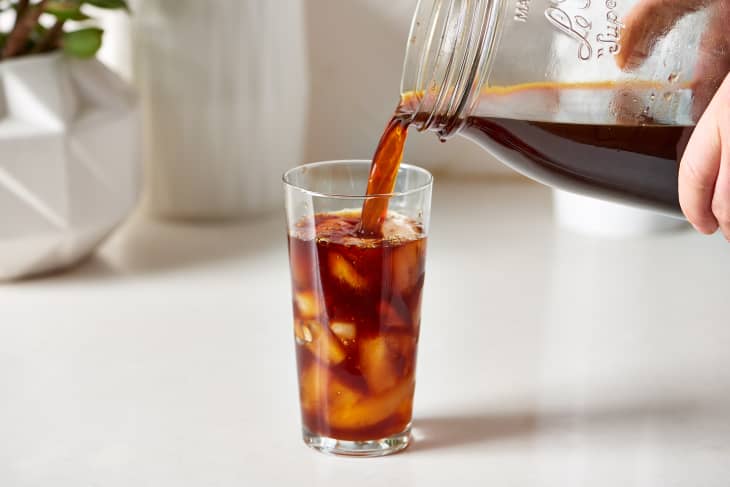This Website Might Be Able to Tell You How Much Coffee You Need, and When
If you’re like me, you probably have at least one mug on your desk that says something like “DON’T EVEN MAKE EYE CONTACT WITH ME UNTIL I HAVE MADE AT LEAST FOUR TRIPS TO THE KEURIG.” A lot of us can’t imagine being fully functional until we’ve downed our morning coffee — or coffees, plural — but according to some new research, we might be approaching our caffeine intake in the wrong way, and at the wrong time.
According to LiveScience, some U.S. Army researchers are working on an algorithm that attempts to determine exactly how much caffeine we need, and when, based on our sleep schedules and the “sleep debt” that can accumulate after several late or restless nights.
Their results seem promising: By using their formula, the researchers said that they could improve people’s alertness up to 64 percent and, with the right amounts of caffeine at the right time, people could also decrease their caffeine consumption by up to 65 percent and still feel wide awake and ready to go.
In a paper published in the Journal of Sleep Research, the scientists explain that they had previously developed a formula called the unified model of performance (UMP) “which predicts the effect of caffeine consumption on a psychomotor vigilance task,” or, in terms that someone like me understands, it could calculate how much caffeine a person will need to stay alert and focused without suffering any of those late-afternoon — or late-in-the-week — energy slumps.
What the UMP couldn’t do was determine how much caffeine was needed to maintain that same level of “OMG I DO NOT IN ANY WAY NEED A NAP RIGHT NOW,” or suggest a dosing schedule. The new algorithm can, and they hope to test its calculations in a real-life setting before making it available to the public on their 2B-Alert website. In the next phase of their research, soldiers will be intentionally sleep-deprived for a predetermined amount of time. About halfway through their deprivation, the algorithm will then be used to determine how much caffeine each participant needs and when, in order for them to reach an also predetermined level of alertness.
Reifman said that the algorithm should be available on the website before the end of the year. How much coffee are we going to have to drink until then?
